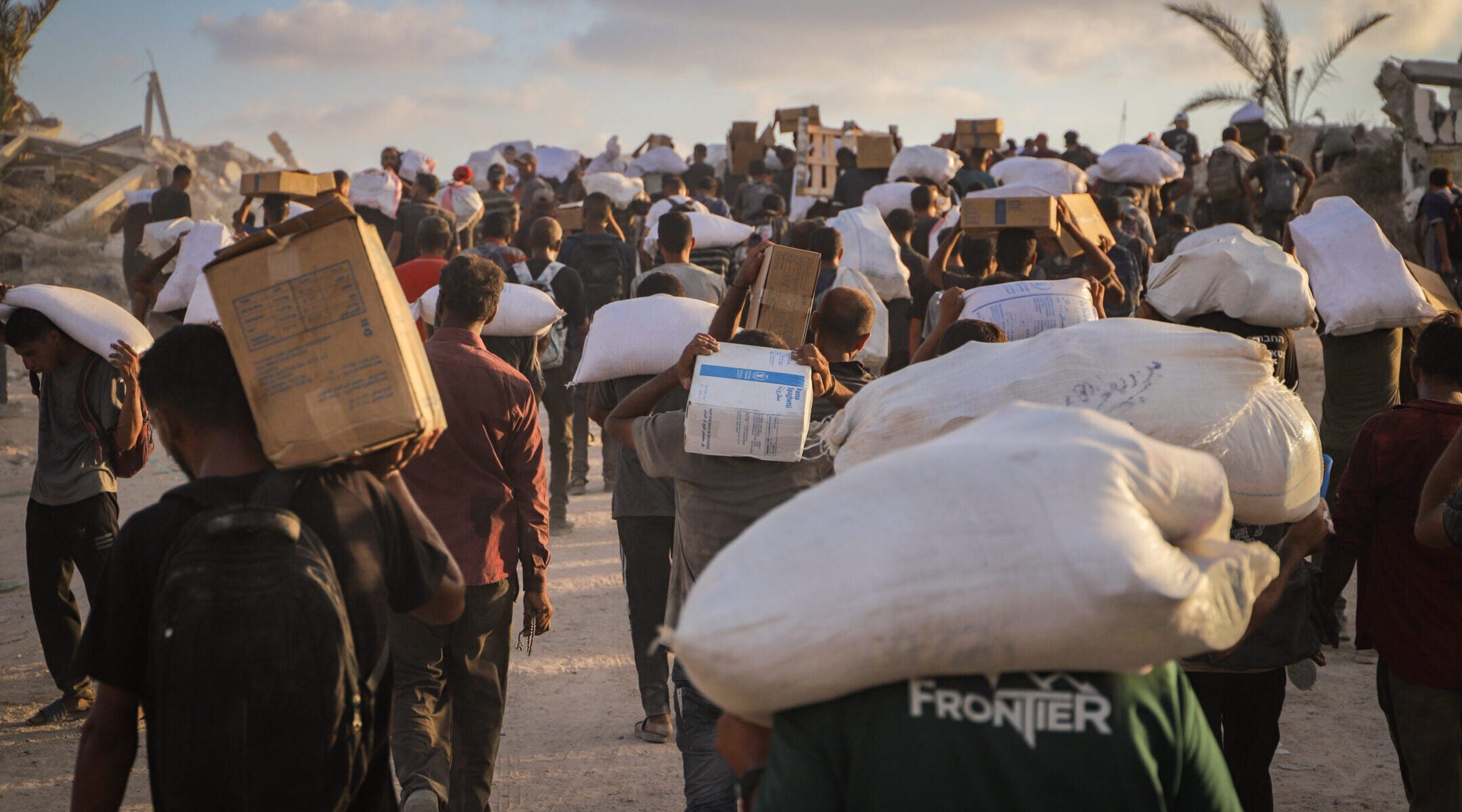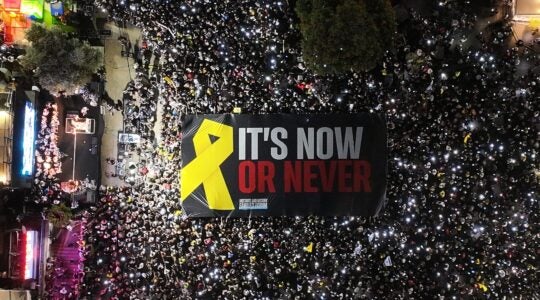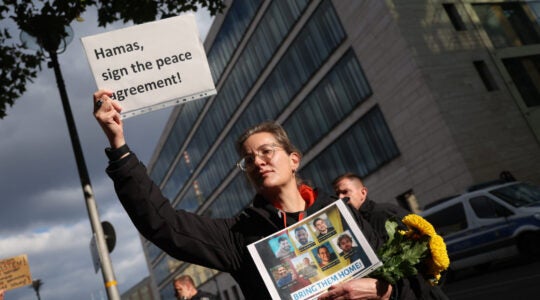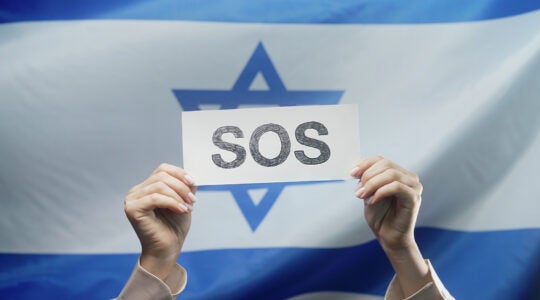An international hunger monitoring group says portions of Gaza now meet its standards for declaring a famine, crossing a threshold that it said had not previously been reached.
The declaration on Friday by the Integrated Food Security Phase Classification system adds to a contested field of claims about hunger in Gaza, with pro-Palestinian voices warning for nearly the entire length of the Israel-Hamas war beginning in October 2023 that mass starvation was imminent and Israel and its defenders contending that sufficient aid has entered Gaza to sustain civilians, despite temporary blockades and rocky distribution efforts.
The IPC report says a recent increase in aid, which followed a widespread outcry about hunger in Gaza, is not enough to stem the crisis.
“The complete halt of humanitarian and commercial food deliveries in March and April, followed by critically low volumes through July, coupled with the collapse of local food production has led to extreme food shortages,” the group said in its report. “While 55,600 metric tonnes of food entered Gaza in the first half of August, this remains largely insufficient to offset the prolonged deficits.”
Israel quickly rejected the determination. “If famine = falling prices + 300 daily aid trucks + open aid routes Gaza must be the first famine in history marked by abundance,” tweeted the Israeli office responsible for aid in Gaza, called Coordination of Government Activities in the Territories or COGAT. It alleged that the IPC had lowered its standards for declaring famine in order to smear Israel.
The IPC is a tool used by a consortium of food insecurity experts who monitor conditions around the world and advise the United Nations and other entities about what they learn. The report says the group’s conclusions about what is happening in Gaza were constrained by limited access and information about some portions of the enclave, home to about 2 million Palestinians.
Its declaration applies to a region that includes Gaza City, which the Israeli army is preparing to enter. The group said other portions of Gaza still face widespread hunger challenges and are projected to enter famine conditions by the end of September.
Some skeptics of claims about hunger in Gaza had cited the lack of an official declaration of famine as evidence that conditions were not as extreme as some claimed, and as viral photographs of emaciated children and lines at aid stations would seem to suggest.
The price of food staples in Gaza skyrocketed in recent months, offering evidence of scarcity, and President Donald Trump said he believed there was “real starvation” in the enclave, pressing Israeli officials to send more aid. Israel says the number of aid trucks entering Gaza has risen steadily.
This week, celebrity chef Jose Andres visited Israel and Gaza, where his World Central Kitchen nonprofit has distributed food for most of the war. He expressed sympathy for sympathy on both sides of the conflict — and clarity about conditions in Gaza.
“There is hunger in Gaza,” Andres told the Times of Israel. “I don’t know how much, but there is hunger in Gaza. And we need to make sure there’s no hunger in Gaza.”
JTA has documented Jewish history in real-time for over a century. Keep our journalism strong by joining us in supporting independent, award-winning reporting.






